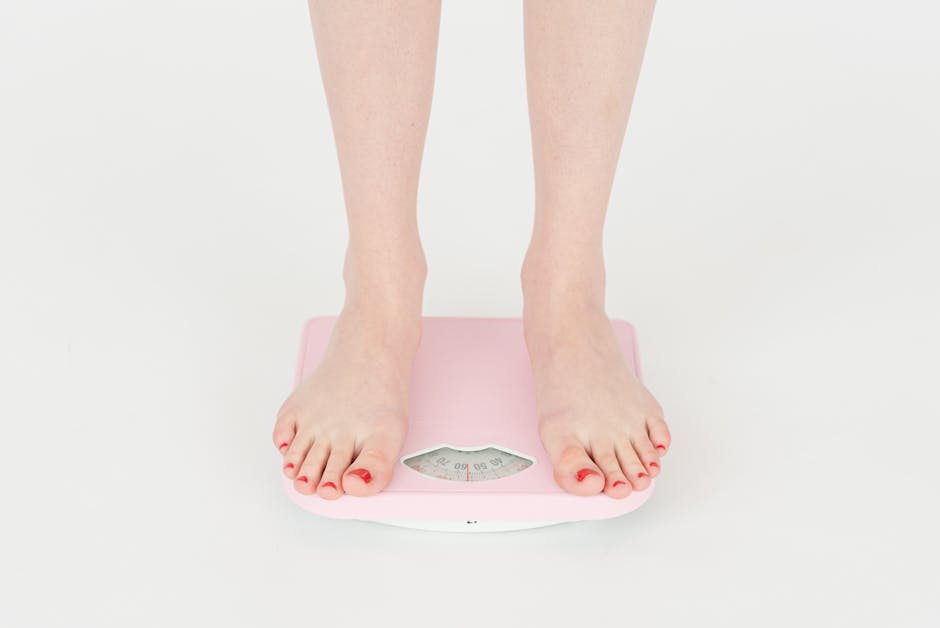Diet plays a crucial role in weight loss, and understanding the various approaches can help you tailor a plan that suits your lifestyle and goals. This comprehensive guide will explore different diet strategies, their potential benefits and drawbacks, and provide practical tips to support your weight loss journey.
**Types of Diets**
Numerous diets exist, each with its own set of rules and guidelines. Here are some common types:
* **Low-carb diets:** These diets restrict carbohydrate intake, forcing the body to burn fat for energy. Examples include the ketogenic and Atkins diets.
* **Low-fat diets:** These diets focus on reducing fat intake, aiming to create a calorie deficit. Examples include the Ornish and DASH diets.
* **High-protein diets:** These diets emphasize protein intake to promote satiety, boost metabolism, and preserve muscle mass. Examples include the Zone and Paleo diets.
* **Intermittent fasting:** This pattern of eating involves alternating periods of eating and fasting. Examples include the 5:2 diet and the alternate-day fasting method.
**Benefits and Drawbacks of Different Diets**
Each type of diet has its own advantages and disadvantages:
* **Low-carb diets:** Can lead to rapid weight loss, but may be difficult to sustain long-term and can cause nutritional deficiencies.
* **Low-fat diets:** Generally safe and easy to follow, but can be less effective for weight loss than low-carb diets.
* **High-protein diets:** Promote satiety and muscle preservation, but can be expensive and difficult to follow for extended periods.
* **Intermittent fasting:** Can improve metabolic health and reduce inflammation, but may not be suitable for everyone due to hunger and cravings.
**Choosing the Right Diet**
The best diet for weight loss is the one that you can consistently follow and that fits your individual needs and preferences. Consider your lifestyle, dietary restrictions, and health conditions before choosing a diet. It's always advisable to consult with a healthcare professional or registered dietitian for personalized guidance.
**Tips for Successful Weight Loss Dieting**
* **Set realistic goals:** Aim to lose 1-2.5 pounds per week, which is a healthy and sustainable rate.
* **Make gradual changes:** Don't try to overhaul your diet overnight. Start by making small, manageable changes that you can stick to over time.
* **Focus on whole, unprocessed foods:** These foods are nutrient-rich and filling, helping you feel satisfied and reduce calorie intake.
* **Hydrate adequately:** Drink plenty of water throughout the day to promote satiety and suppress cravings.
* **Exercise regularly:** Exercise helps burn calories, build muscle, and boost metabolism. Aim for at least 150 minutes of moderate-intensity exercise per week.
* **Get enough sleep:** Sleep deprivation can lead to hormonal imbalances that make it harder to lose weight. Aim for 7-9 hours of quality sleep per night.
* **Manage stress:** Stress can trigger emotional eating. Find healthy ways to manage stress, such as exercise, meditation, or yoga.
**Conclusion**
Weight loss dieting requires a multifaceted approach that includes choosing a suitable diet, making healthy lifestyle changes, and addressing underlying factors that may contribute to weight gain. By understanding the different types of diets, their potential benefits and drawbacks, and implementing practical tips, you can increase your chances of achieving and maintaining a healthy weight. Remember, it's a journey, not a destination, and setbacks are a part of the process. Stay focused, seek support when needed, and celebrate your progress along the way.

